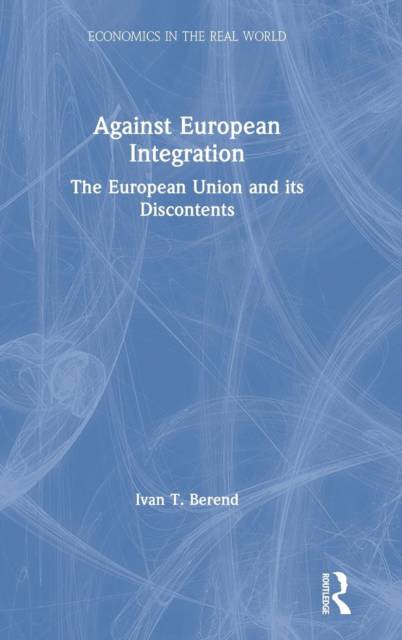
- Retrait gratuit dans votre magasin Club
- 7.000.000 titres dans notre catalogue
- Payer en toute sécurité
- Toujours un magasin près de chez vous
- Retrait gratuit dans votre magasin Club
- 7.000.0000 titres dans notre catalogue
- Payer en toute sécurité
- Toujours un magasin près de chez vous
Description
This book gives a complex description and discussion of today's populist attacks against the European Union (EU) following the financial crisis of 2008, which opened the floodgates of dissatisfaction, and the migration crisis which destabilized the traditional solidarity basis of the EU. The problem of Brexit is also explored.
Each chapter presents one of the main elements of the crisis of the EU. These include West European populism, Central European right-wing populism in power, and the exploitation of the EU's mistake during the migration crisis of the mid-2010s. These also include the discovery of Christian ideology against immigration and hidden anti-Semitic propaganda using a hysterical attack against the liberal billionaire philanthropist George Soros, and Brexit. There is a detailed discussion of the failures of the EU to pacify the neighbourhood in the South and North, especially in Ukraine, and the rising hostile outside enemies of the EU, including Russia and Turkey, bad relationships with Trump's America, the uncertainty of NATO, and the emergence of a new rival, China, that enters into the Central European edge of the EU.
The author explores strategies for coping with, and emerging from, this existential crisis and ends with the alternative plans and possibilities for the future of the eurozone. This will be an invaluable resource for understanding the crisis of the EU, one of the central questions of contemporary international politics for undergraduate and graduate students, and readers interested in the discussion surrounding an endangered European integration and difficult world politics.
Spécifications
Parties prenantes
- Auteur(s) :
- Editeur:
Contenu
- Nombre de pages :
- 182
- Langue:
- Anglais
- Collection :
Caractéristiques
- EAN:
- 9780367191078
- Date de parution :
- 09-05-19
- Format:
- Livre relié
- Format numérique:
- Genaaid
- Dimensions :
- 156 mm x 234 mm
- Poids :
- 449 g

Les avis
Nous publions uniquement les avis qui respectent les conditions requises. Consultez nos conditions pour les avis.






